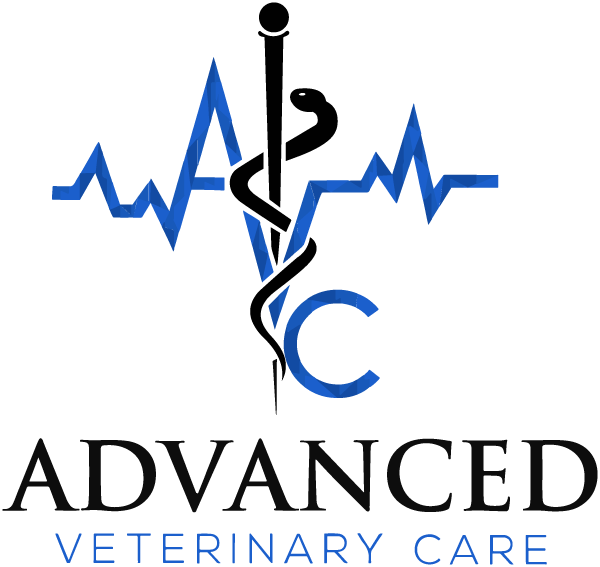Warning Signs of Cancer in Dogs
Cancer. It’s a word no dog owner wants to hear, but the reality is that many dogs, especially senior pets, will develop cancer in their lifetime. The earlier cancer is detected, the better the outcome for your canine companion. Advanced Veterinary Care is here to help you spot the early warning signs of cancer in dogs and offer advanced screening options, including specialized evaluations for skin masses and lumps.
Common Signs of Canine Cancer
While symptoms can vary depending on the type of cancer that a dog develops, here are some general signs to watch for:
- Lumps or Bumps that Grow/Change: Any new mass or swelling should be evaluated, especially if it's growing, firm, or irregular.
- Unexplained Weight Loss: Sudden weight loss without a change in diet could signal something more serious.
- Loss of Appetite or Energy: A normally active dog who becomes lethargic or disinterested in food may need a medical evaluation.
- Sores that Won’t Heal: Non-healing wounds can indicate cancer or underlying immune issues.
- Persistent Lameness or Stiffness: Bone cancers like osteosarcoma may present as limping or joint discomfort.
- Unusual Discharge or Bleeding: Blood from the mouth, nose, or other orifices should never be ignored.
Difficulty Breathing, Urinating, or Defecating: These could be signs of internal tumors affecting organ function.
How Are Dogs Checked for Cancer
How a veterinarian screens a dog for cancer can depend on the type of cancer that is suspected. Lab testing, like blood panels, can detect red and white blood cell counts and other biomarkers. X-rays may be used to find masses in the chest, abdomen, or bones, particularly for detecting lung tumors or abdominal cancers. A biopsy may be needed for internal masses.
There are less invasive options for skin cancer in dogs, with a dedicated cancer screening service for visible lumps or masses on the skin. The veterinarian will recommend next steps based on results. This non-invasive evaluation can often be performed quickly and is a powerful step toward early action.
Tips for Regular At-Home Dog Cancer Checks
Make checking your dog part of your routine.
- Run your hands over their body weekly to feel for lumps or swelling.
- Look inside their mouth and ears for discoloration or unusual growths.
- Keep a journal of any changes in appetite, energy, or behavior.
- When in doubt, bring your concerns to a veterinarian.
An early cancer diagnosis gives dogs the best chance at successful treatment and quality of life. Some types of cancer can be aggressive, spreading silently before any symptoms are obvious. Routine wellness checks and vigilance at home could make all the difference in detecting whether your dog has developed cancer.
Catch Cancer Symptoms in Your Dog
Spotting cancer early can be the difference between a treatable condition and a more serious diagnosis. As your trusted veterinary team, Advanced Veterinary Care notices the small things before they become big problems. Have you noticed a new lump or bump on your dog? Book an appointment for a canine skin cancer screening in Greenwood Village, CO, or for dogs in nearby cities like Denver and Centennial.



